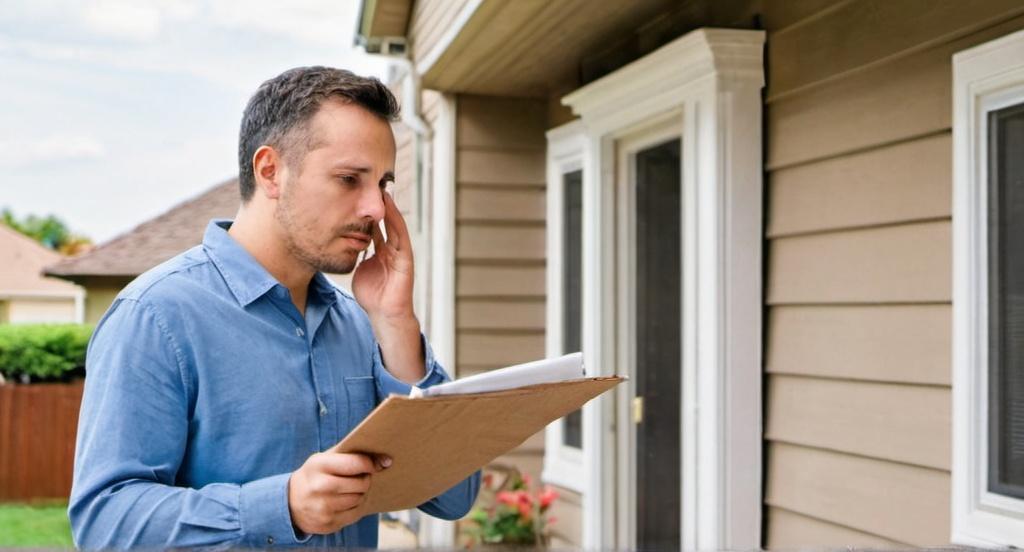Key Take Aways about What to Look for When Renting Student Housing for the First Time
- Choose a balanced location close to campus with nearby amenities.
- Consider all costs, including utilities and deposits, stay within budget limits.
- Check available amenities like kitchens and laundry facilities for cost savings.
- Read and understand lease terms, focusing on length and exit clauses.
- Evaluate potential roommates for compatibility and lifestyle fit.
- Ensure safety measures are in place like secure entrances and good locks.
- Inspect property for damage and keep documentation of conditions.
- Assess connectivity and transport options for convenience and cost.
- Research property reputation through reviews, noting recurring issues.

Finding the Right Location
Location is like the Goldilocks of renting student housing. You don’t want to be too far from campus and you don’t want to be so close that the late-night partying becomes your life’s soundtrack. Ideally, find a spot that balances convenience with peace. Consider the neighborhood’s vibe. Is it safe? What’s the crime rate like? An evening stroll around the area can provide some clues. Moreover, see if essential amenities like grocery stores, laundromats, and public transport are nearby. Relying on the campus cafeteria for all meals is neither sustainable nor advisable.
Assessing the Costs
Alright, let’s talk money. Rent isn’t just about the monthly payment. It’s the sneaky little things like utilities, internet, and perhaps a dormitory fee if you’re in campus housing. Have a chat with your potential landlord or housing office about what’s included. Don’t forget about those pesky one-time fees like a security deposit or a pet deposit if you’re bringing Whiskers along. You gotta think about your budget, which presumably isn’t Rockefeller-level. A rule of thumb is to aim for housing costs that don’t exceed 30% of your income. No use finding the perfect pad if you can’t afford a pizza night.
Checking for Amenities
Knowing which amenities come with the digs can save you some serious cash. Does the place have a fully equipped kitchen? Fantastic. You’re not trying to become a ramen noodle connoisseur, right? What about laundry facilities? Running out of clean clothes isn’t fun, and laundromats don’t come cheap. Some housing options offer gyms and pools—fancy, right? But if you’re not doing laps or lifting weights, this might be where you can cut costs. Out of sight, out of budget.
Understanding Lease Terms
Lease agreements are like the user manuals we never read. But this time, you should. Pay attention to the lease length and renewal terms. A 12-month lease might sound standard, but if you’re planning on a summer internship elsewhere, a shorter lease may be worth considering. Check for clauses about breaking the lease. Life’s unpredictable and knowing how to exit the scene without losing your shirt is handy. The fine print can be duller than watching paint dry, but it’s crucial.
Roommate Considerations
Deciding if you want roommates is a biggie. They can be great to split costs with, but it’s like getting married without all the romantic perks. Sleeping patterns, cleanliness, preferences on thermostat settings… these matter. If possible, meet potential roommates before signing anything. They might think midnight is the perfect time to practice drums or that pets are their life’s mission. Choose wisely; it’s not just about saving money but also about your sanity.
Evaluating Safety Measures
This one’s a no-brainer, yet often overlooked. Check if the housing offers security features like cameras, secure entryways, and functional locks on doors and windows. Safety isn’t just about keeping your belongings secure, it’s about peace of mind. If the landlord stutters when you ask about security, that’s your cue.
Condition of the Property
The outside might look like a brochure, but you still gotta inspect. Look for signs of water damage, mold, or pest problems. Flick on the lights, run the taps, flush the toilet. Make sure everything is working, and if it’s not, ask for it in writing that it’ll be fixed. Document the condition before you move in with pictures. Say it with me—proof is your friend.
Connectivity and Transport
Whether it’s Wi-Fi speeds that rival a snail or a bus route that takes you to the moon and back before campus, you need to know. Public transport routes and their schedules can make or break an otherwise ideal spot. If you have a car, check out the parking situation. Street parking might mean a few extra steps, but garage parking usually comes at a premium. Match your transport needs with the location.
Reputation and Reviews
In the world of Yelp, Google reviews, and Reddit threads, there’s no excuse not to scope out the reputation of your potential new home. Embrace those review platforms, but take them with a grain of salt. One person’s horror story might be another’s “meh.” However, if the same problem pops up in multiple reviews, like a mysterious shortage of hot water in winter, take note.
In sum, renting student housing ain’t rocket science, but it’s no walk in the park either. Do your homework and trust your gut. You want a space that works for you, not against you. After all, college is enough of a learning experience without your living situation adding to the syllabus.